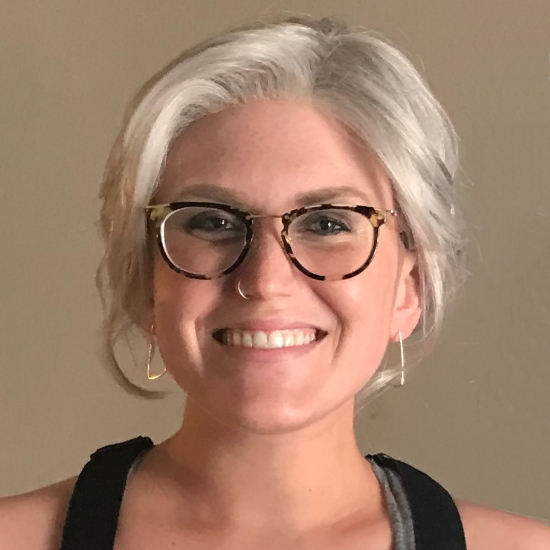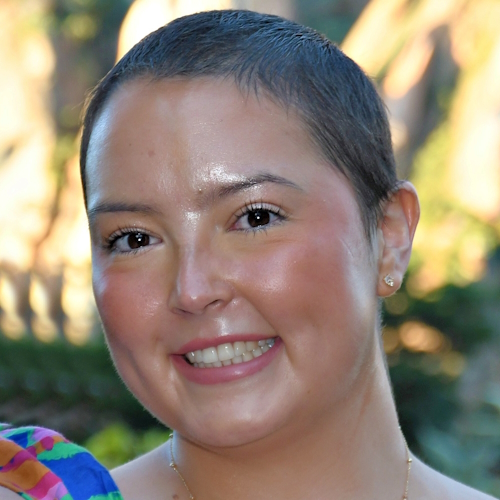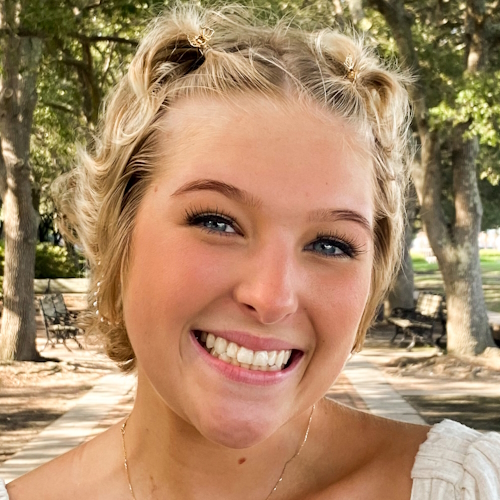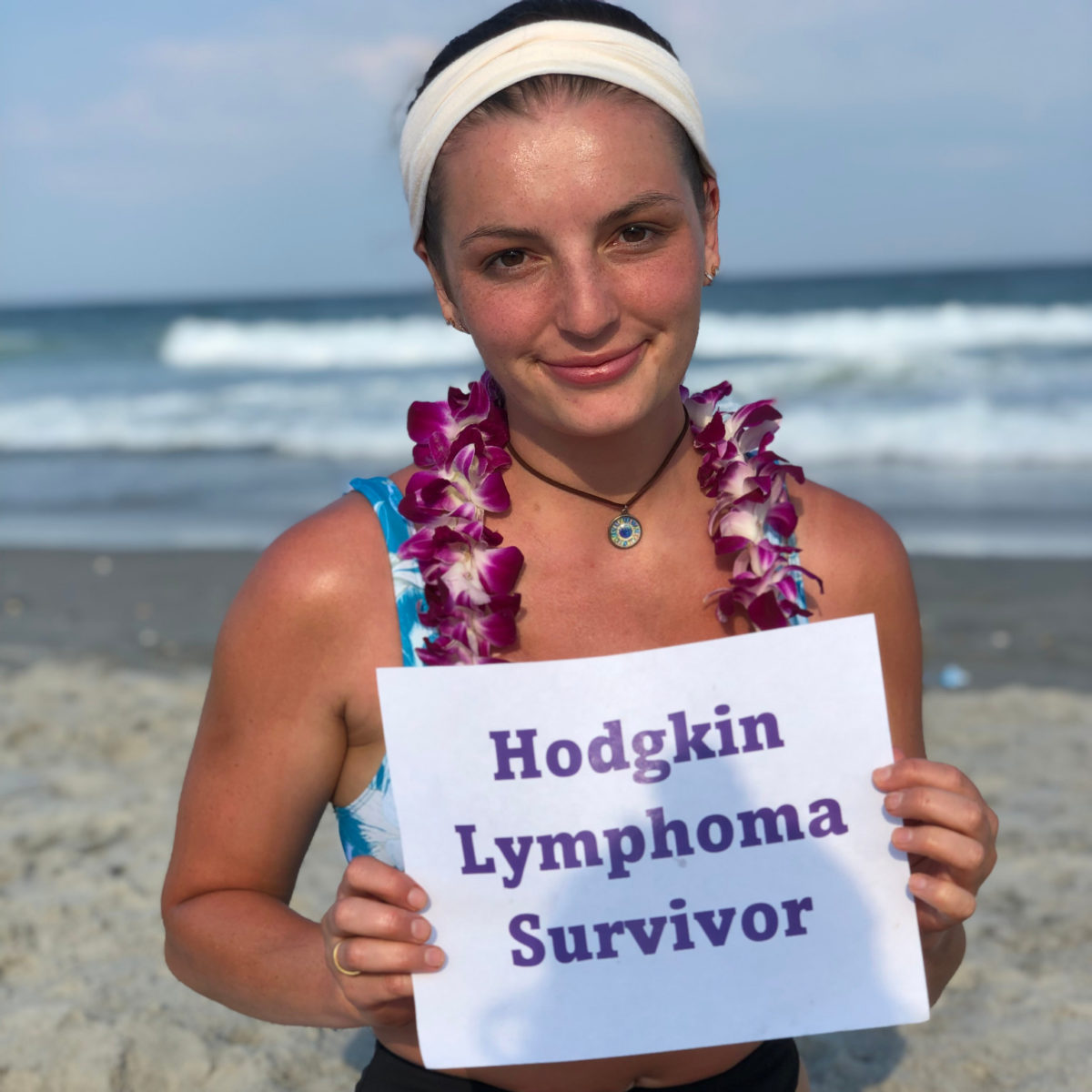A Guide to Cancer Survivorship Care Plans for Hodgkin Lymphoma Patients
Expert insights from Dr. Matthew Matasar

Survivorship care plays a vital role in your cancer journey, helping you feel less alone and more prepared to receive the necessary support and guidance through Hodgkin lymphoma and beyond.
To offer a real-life understanding of cancer survivorship care plans, we talked to Dr. Matthew Matasar, the chief of blood disorders at the Rutgers Cancer Institute of New Jersey and RWJBarnabas Health. He emphasizes the significance of survivorship care and offers practical advice.
This article will explore Dr. Matasar’s expert insights and provide a comprehensive guide to cancer survivorship care plans for Hodgkin lymphoma patients.
This interview has been edited for clarity and length. This is not medical advice. Please consult with your healthcare provider to make informed treatment decisions.
The views and opinions expressed in this interview do not necessarily reflect those of The Patient Story.
Understanding Cancer Survivorship Care Plans
“Everybody who’s gone through Hodgkin lymphoma deserves to receive compassionate, thoughtful, wise survivorship care as they survive and live with their history of Hodgkin lymphoma,” says Dr. Matasar.
To facilitate effective survivorship care, it can help to have a cancer care plan template, often referred to as a survivorship care plan. This straightforward document outlines your diagnosis, treatment details (including medications, doses, and radiation therapy), as well as recommendations from your oncologist and their team for your ongoing care.
“When someone is in charge of saving your life, you want them to actually care about your life and find it interesting and important.”
Kelsey R. | Kelsey’s Stage 2A Hodgkin’s Lymphoma Story
Dr. Matasar reassures patients by stating, “That simple document can then go with you, which you can then share with your other doctors, your primary care providers, your other providers so everybody’s on the same page. Everyone understands what you went through and what everybody should be attentive to protecting your health going forward.”
Creating Your Personalized Survivorship Care Plan
If you’re not sure where to start on your cancer survivorship care plan, visit Penn Medicine’s Oncolife. The program offers a quick questionnaire to help you outline your plan which you can later personalize with your healthcare team.

What Should Your Cancer Survivorship Care Plan Include?
1. Diagnosis and Treatment History: Your care plan should clearly document your Hodgkin lymphoma diagnosis, stage, and subtype, including any specific details or variations that may be relevant to your ongoing care.
2. Treatment Summary: Provide a detailed summary of the specific treatments you have received, including the medications administered, radiation therapy, and the number of cycles or rounds completed.
3. Side Effects and Potential Long-Term Effects: Address any potential side effects or long-term effects associated with your treatments. This may include details about potential risks and suggested steps for regular check-ups to detect any issues early on and ensure proper management to stay proactive about your health.
4. Recommendations for Ongoing Care: Outline the recommendations from your oncologist and their team regarding your future care. This may include details about follow-up visits, screenings, lifestyle modifications, diet changes, and other proactive steps to safeguard your health.
5. Supportive Care Services: Include information about supportive care services that can assist you in addressing your physical, emotional, and psychosocial needs. This may involve counseling, rehabilitation, survivorship programs, and other resources that can support your overall well-being.
For more detailed information, visit: American Cancer Society – Survivorship Care Plans.

The Role of Survivorship Clinics
Dr. Mattazar mentions that cancer survivorship clinics, often found within cancer centers, can provide specialized care for individuals.
He emphasizes their unique value stating, “Patients who are survivors at the highest risk for complications from treatment can be followed in a more multi-disciplinary, thoughtful, data-driven way so that we can really do the very best job at protecting our survivors.”
Additionally, cancer survivorship clinics often take a “whole person” approach to health and treatment. They can help you navigate the healthcare system, address your diet and exercise regime, and refer you to other services.
Expert Advice on Self-Advocacy
Preparing for your Hodgkin’s journey with cancer survivorship care can help quickly communicate your health status but Dr. Matasar also emphasizes the value of self-advocacy.
“Don’t be afraid to ask questions,” he says. “So often I have patients come in and they are overwhelmed — and of course. There’s so much relief to hear a plan, to hear good news that there [are] treatment options, and that cure is attainable that there’s a reluctance to want to rock the boat, to advocate for yourself, to ask questions, and to learn more.”
“It could be a spouse, relative, primary doctor or an organization that can advocate for you when the process becomes stressful. This trusted companion ensures that you are able to ask the questions we may easily ignore or miss because we are processing our own emotions.”
Erica H. | Erica’s Stage 3B Classical Hodgkin’s Lymphoma Story
For patients unsure where to start with the overwhelming number of questions that may be circling their minds, Dr. Matasar offers a few to get started.
“What I tell my patients is that this is not my journey, he says. “This is your journey. You’re the one climbing the mountain. I’m the Sherpa. I’ll drag your bags alongside you. But this is your journey and I need you to be as prepared and ready, as informed and engaged as possible so that we can do this together.
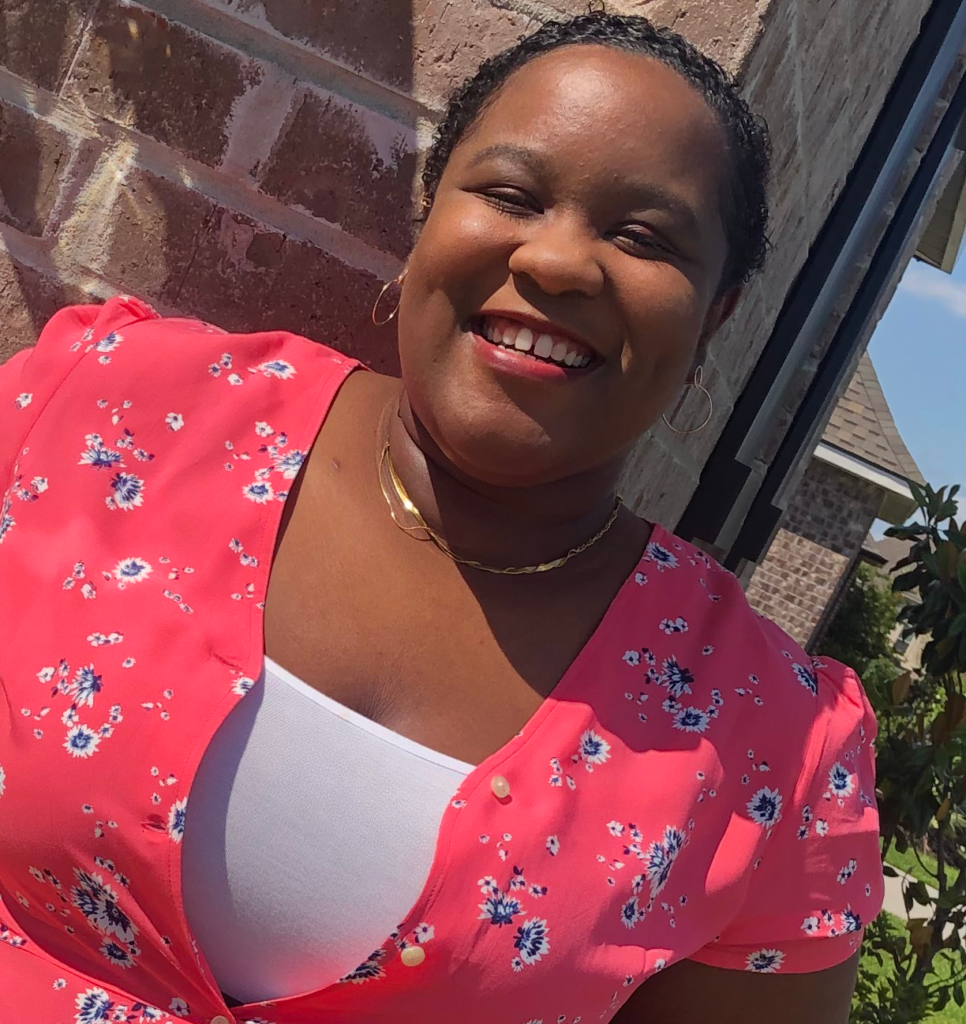
“Just check with yourself. When you do not feel anything, or if you feel like everything — everything is valid. Even the smallest thing that might be off, tell your doctor so they can know. It might be significant later on.”
Delishea H. | Delishea’s Stage 4B Classical Hodgkin’s Lymphoma Story
Dr. Matasar’s Questions to Ask Your Doctor
Here’s a summary of the questions Dr. Matasar suggested to get a conversation going with your doctor.
- How can I actively contribute to improving my outcomes during and after treatment?
- What measures can I take to ensure my safety and well-being throughout the treatment process?
- What are the recommendations regarding exercise during my treatment?
- How can I modify my diet to support my health and recovery?
- What should I know about sexual activity while undergoing treatment?
- How might the treatment affect various aspects of my life, such as daily activities, relationships, and emotional well-being?
- Are there any considerations or guidelines I should follow regarding work or employment during this time?
- How do I approach disclosing my diagnosis and treatment to someone I’m dating or considering a relationship with?
Remember, it’s important to consult with your healthcare team, to get personalized answers and guidance based on your specific situation and needs.
Explore Hodgkin Lymphoma Patient Stories
Jessica H., Hodgkin’s Lymphoma, Stage 2
Symptom: Recurring red lump on the leg (painful, swollen, hot to touch)
Treatment: Chemotherapy
Riley G., Hodgkin’s Lymphoma, Stage 4
Symptoms: • Severe back pain, night sweats, difficulty breathing after alcohol consumption, low energy, intense itching
Treatment: Chemotherapy (ABVD)
Amanda P., Hodgkin’s Lymphoma, Stage 4
Symptoms: Intense itching (no rash), bruising from scratching, fever, swollen lymph node near the hip, severe fatigue, back pain, pallor
Treatments: Chemotherapy (A+AVD), Neulasta
Brescia D., Hodgkin's Lymphoma
Symptom: Swelling in the side of her neck
Treatment: Chemotherapy: 6 rounds of ABVD

